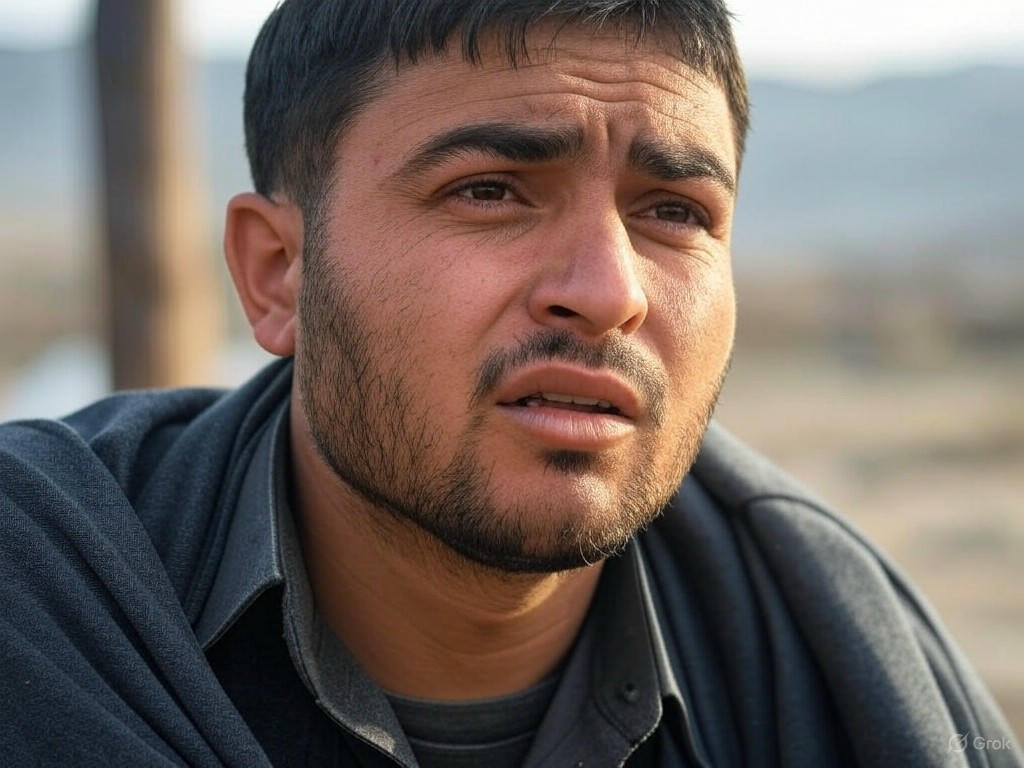Broken Trust: Afghans Who Aided U.S. Forces Grapple with Travel Ban Fallout
In a move that has sent shockwaves through communities tied to America’s longest war, a recent presidential proclamation has barred citizens from Afghanistan and several other countries from entering the United States. Announced late on a Wednesday evening, the decision has left many Afghans who risked their lives to support U.S. military efforts feeling abandoned and betrayed. These individuals, often interpreters, guides, and contractors, stood shoulder to shoulder with American troops during two decades of conflict, only to now face an uncertain future as their hopes of safety and resettlement in the U.S. are dashed.
For countless Afghans, the partnership with U.S. forces was more than a job—it was a lifeline. Many faced grave dangers, including threats from insurgent groups who viewed their collaboration as treason. In return, they held onto promises of protection and the possibility of a new life in America through programs like the Special Immigrant Visa (SIV). However, the latest travel restrictions have cast a dark shadow over those aspirations. Families who spent years navigating bureaucratic hurdles now find themselves stranded, unable to escape the instability that still grips their homeland. Stories have emerged of individuals who sold their possessions and left their communities in anticipation of relocation, only to be met with this devastating policy shift.
The emotional toll of this decision cannot be overstated. Many Afghans who aided the U.S. war effort speak of a profound sense of betrayal. They recall the bonds forged in the heat of battle, the shared sacrifices, and the assurances of support from American allies. Now, they feel discarded, as if their contributions have been forgotten. Beyond the personal impact, this policy raises broader questions about America’s commitment to its international partners. Advocates argue that turning away those who supported U.S. missions undermines trust and could deter future cooperation in global conflicts. They warn that such actions send a chilling message: loyalty to America may come at an unbearable cost.
As the debate over the travel ban unfolds, Afghan allies and their supporters are calling for urgent action. Humanitarian organizations and veterans’ groups are pressing policymakers to reconsider the restrictions or create exemptions for those who served alongside U.S. forces. Some propose alternative pathways for resettlement, while others highlight the moral obligation to honor past promises. Meanwhile, the affected individuals wait in limbo, grappling with fear and uncertainty about what lies ahead.
This moment serves as a stark reminder of the human cost of geopolitical decisions. For the Afghans who once believed in the American dream, the travel ban is not just a policy—it’s a personal wound. As the world watches, the hope remains that compassion and accountability will prevail, ensuring that those who sacrificed so much are not left behind in the shadows of history.


